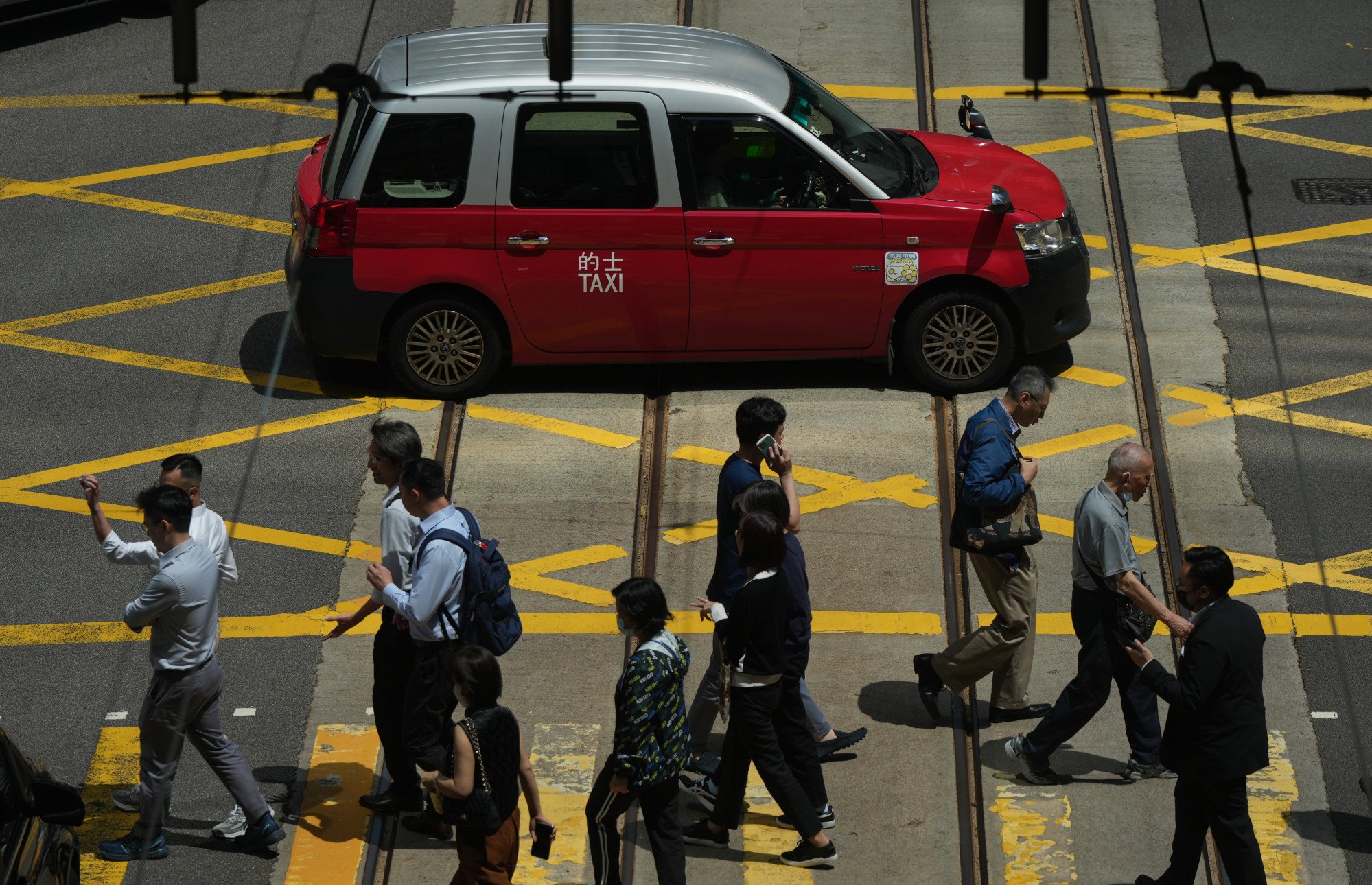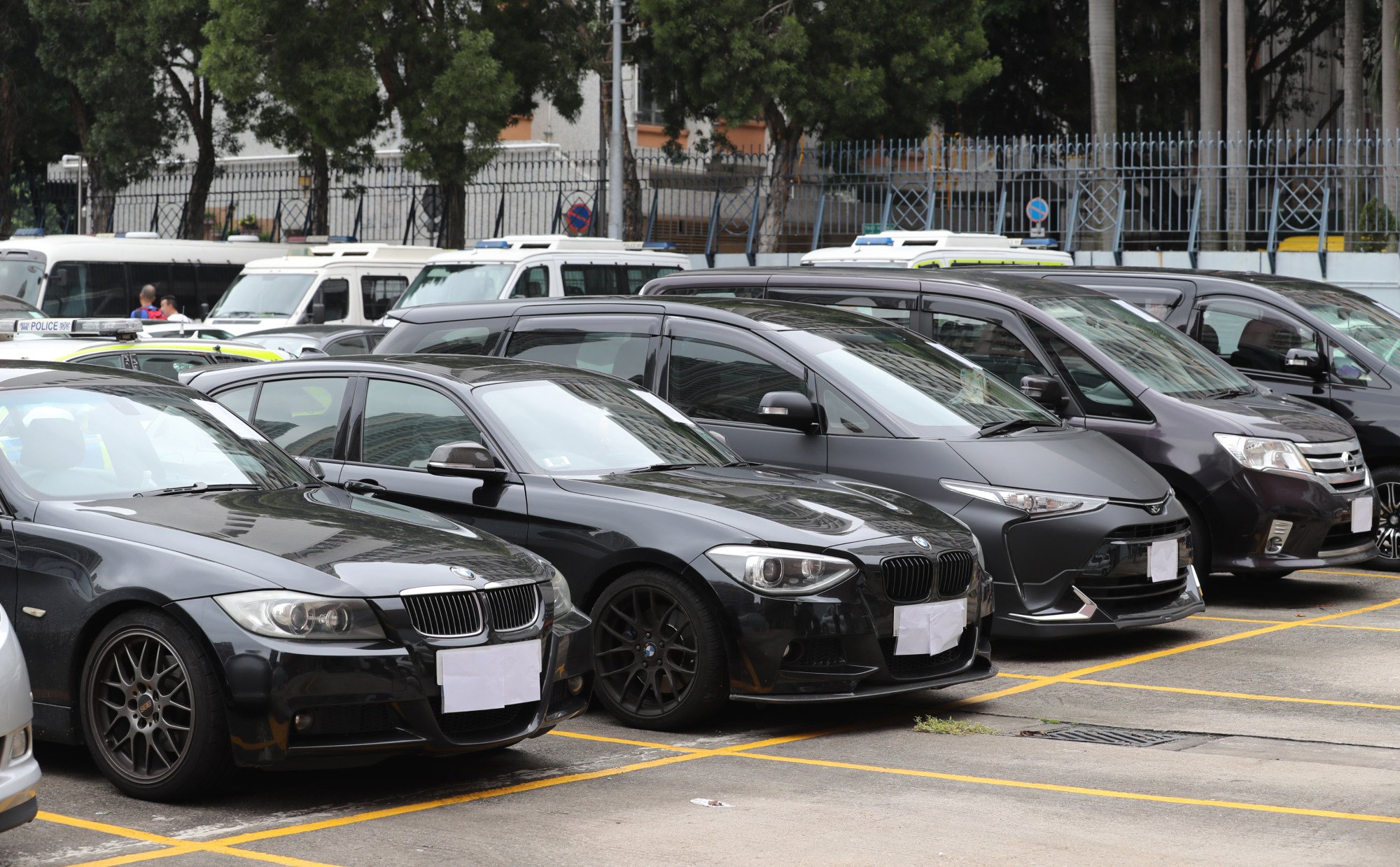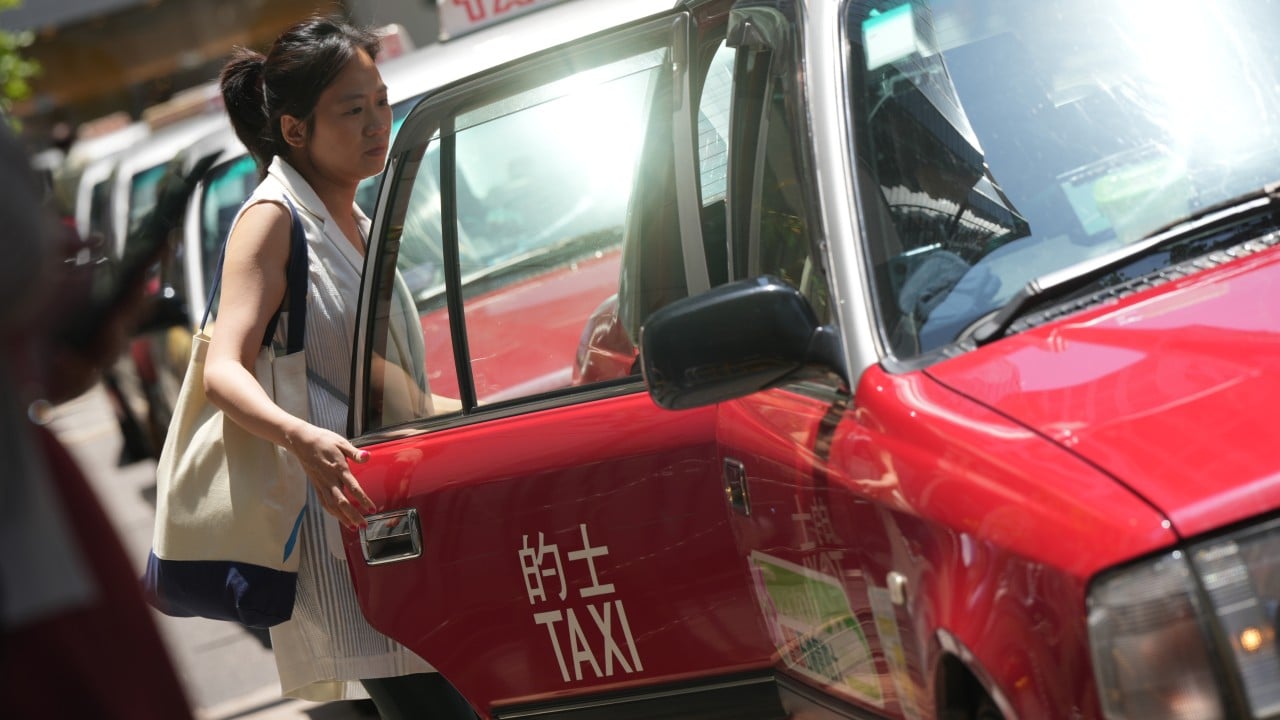Hong Kong authorities have finally revealed proposals on regulating ride-hailing services such as Uber after the company has been operating in the city for a decade and years of outcries from taxi drivers.
In a much-awaited document presented to lawmakers on Monday, the Transport and Logistics Bureau said it intended to impose stiffer penalties to combat illegal ride-hailing services and rely on licensing to regulate platforms, while also improving taxi services through premium fleets.
Here, the Post unpacks the latest suggestions that will be discussed in the legislature on Friday.
1. What is the government’s intention on ride-hailing services?
Noting the public’s demand for ride-hailing services, the Transport and Logistics Bureau suggested regulating the online platforms through licensing after studying how Singapore, Shenzhen, London and elsewhere handled the business.
The Transport Department will conduct a study of commuter needs to decide the details of the regulatory mechanism, such as the types and number of vehicles to be allowed and licensing requirements for the platforms and drivers.
The government also intends to introduce tougher penalties to curb illegal ride-hailing services, such as suspending the licences and registration of the vehicles involved, as well as impounding the cars.
The move would cover vehicles involved in such cases where authorities had failed to identify and prosecute the drivers, plugging an existing loophole.
It also called for a minimum driving licence suspension period for those convicted of offering such services, for example, 12 months.

2. Does that mean driving Ubers will officially become legal?
Most Uber services will remain illegal at least until the second half of 2025 when the government is scheduled to roll out its own regulatory framework.
The bureau said it had to wait for the findings of the department’s study on commuter needs, which would commence later this year and be completed within 12 months.
Authorities also said they would assess the impact of next year’s launch of premium taxi fleets on the situation and wait for the verdict of a legal challenge initiated by ride-hailing drivers.
3. What do Uber and taxi drivers think about the proposals?
Uber welcomed the government’s direction in regulating ride-hailing platforms, but called for a “workable” licensing regime.
“Any move to cap the number of ride-sharing licences in the city would deal a blow to the many drivers who rely on the platform for flexible earnings opportunities,” the company said. “It would also risk making point-to-point transportation more expensive and less reliable for Hong Kong people.”
Chau Kwok-keung, president of the Hong Kong Taxi and Public Light Bus Association, said he was pleased to see the government’s move to combat vehicles offering illegal ride-hailing services.
Chau said regulating the platforms could allow such vehicles to operate legally in the city and for the taxi sector to compete with them fairly in the market.

4. What does the proposal mean for passengers?
The proposals to regulate ride-hailing platforms does not touch on any legal responsibilities of passengers.
The bureau said 90 per cent of Hong Kong people chose mass transport and these services meet different needs of commuters.
While a minority of commuters chose point-to-point services, the bureau said passengers would be offered a new option – premium taxis – which would offer online bookings and a rating system. The first premium taxi fleet is expected to be approved later this month.
The premium fleets hope to raise the service standards of taxis, which have been accused of cherry-picking passengers and overcharging.
5. Why is Uber controversial in Hong Kong?
Uber technically does not involve hiring any drivers, but the service acts as a matching service between them and passengers.
This has drawn the ire of taxi drivers, who complain their Uber rivals are eating their lunch by running a business without fulfilling the requirement of having a hire-car permit.
Taxis are licensed, and there are 18,163 taxi permits in the city, which are a tradeable commodity each worth millions of Hong Kong dollars.
More than 216,000 drivers were registered on Uber and Uber Taxi by 2021, according to company data. There are 46,000 taxi drivers in the city, with 18,163 cabs on the road.
Additional reporting by Wynna Wong


